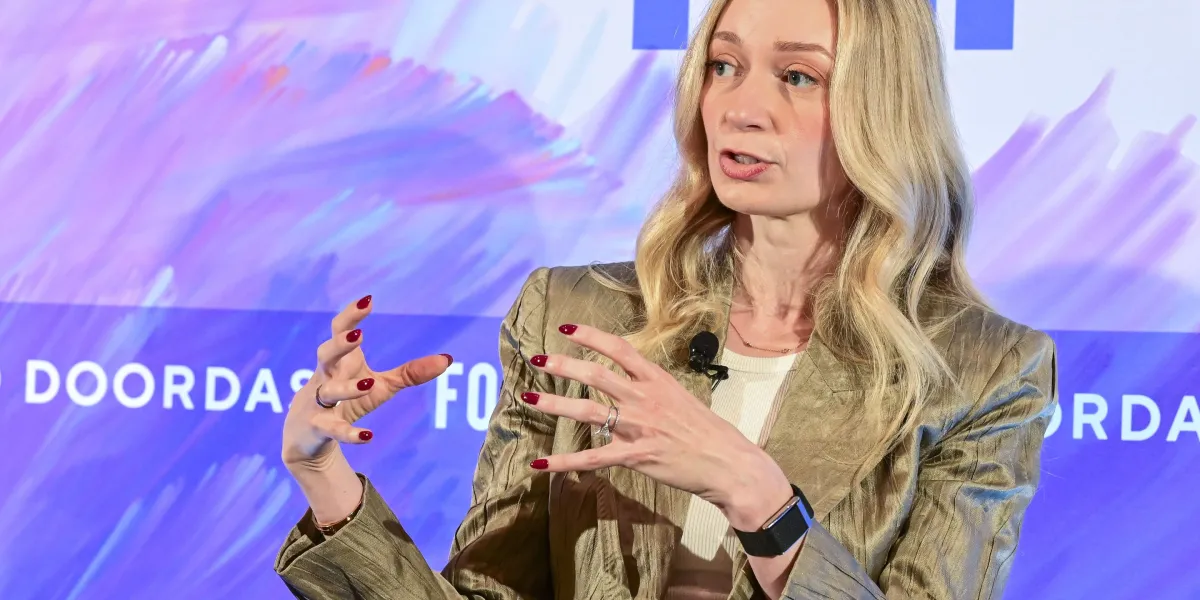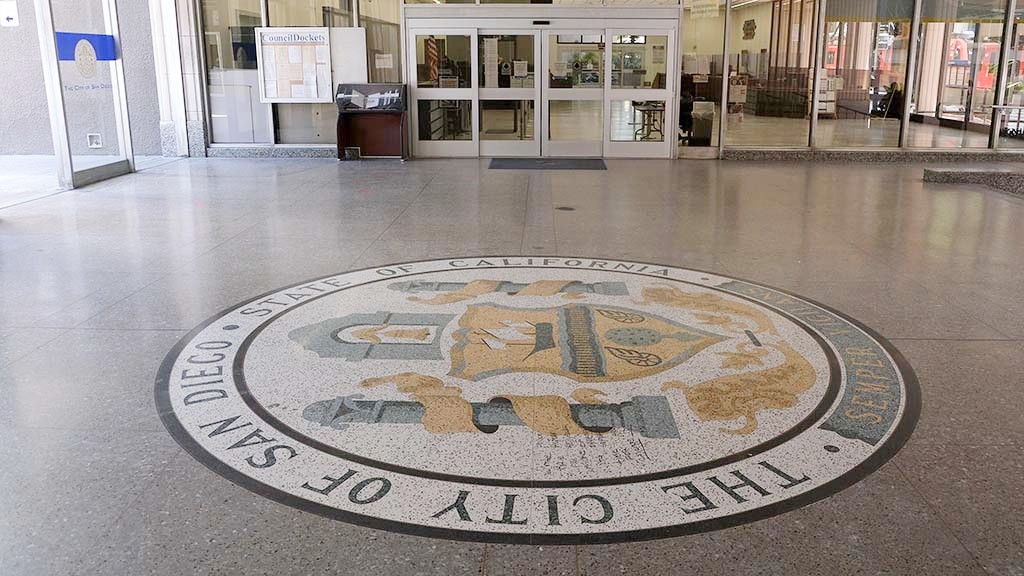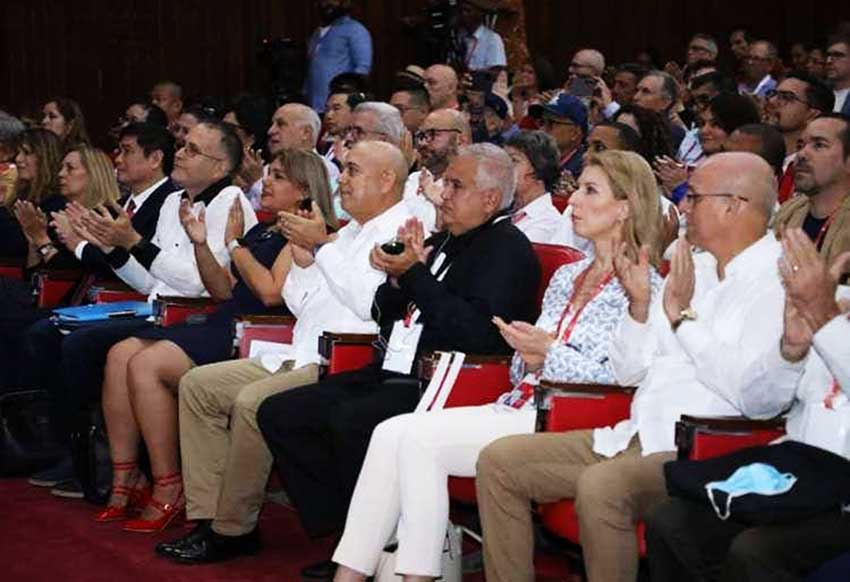Copyright The Philadelphia Inquirer

Villanova professor Ana Santos Rutschman would describe the current state of vaccine policy as a game of chess. When the federal government does something, some states — primarily Democratic-led states including Pennsylvania — respond immediately to counter. A prime example followed the federal government’s move, through the Food and Drug Administration, in August to limit eligibility for the updated COVID-19 vaccine. Previously, the annual shot was recommended for all Americans 6 months and older. The new guidance was for people 65 or older and those at high risk of complications from COVID-19. Pennsylvania’s regulatory body for pharmacists opened up access by allowing pharmacists to follow the broader recommendations of professional medical societies. “It’s kind of [like] ‘Harry Potter’ chess. Remember when they climb on the gigantic pieces and then try to kill one another?” Rutschman said, referring to the fictional scene where chess pieces violently smash the opposing side’s pieces. “There’s a certain violence to this from a political perspective,” she added. States are allowed to diverge from the federal government on vaccine policy because our system of government, known as federalism, divides power between the federal government and the states. With vaccines, states historically have chosen to align in large part with the federal government’s recommendations. Rutschman says recent actions by Health and Human Services Secretary Robert F. Kennedy Jr. have ushered in a new era of what’s being called “vaccine federalism." Kennedy is a longtime anti-vaccine activist now serving as President Donald Trump’s top health official. » READ MORE: CHOP’s Vaccine Education Center experts fear policy changes coming under RFK’s health leadership Many states, especially those with Democratic governors, including Pennsylvania and New Jersey, saw recent changes under his leadership as a sign that they “need to do something in direct opposition to the federal government,” Rutschman said. Now it’s a “head-on collision,” she added. The Inquirer spoke with Rutschman, who researches vaccine federalism as a health law professor and director of the Health Innovation Lab at Villanova University, to learn more about this new era and its possible consequences in a conversation lightly edited for length and clarity. What is vaccine federalism? For vaccination and everything else, our system is split in two. You have the states and then you have the federal government. There is room for tension between the federal level and the state level. Historically, that tension has been, I would argue, limited. It has existed, but it’s not been the defining feature. Now, particularly in the context of vaccines, it has become probably the most salient feature. How are states allowed to differ from the federal government as far as vaccine policy? States don’t have the power to authorize a new vaccine to come to market. But then you have a lot of things that the Centers for Disease Control have done that are more informational. The federal government recommends which shots children or adults should get, and the timeframe for most children to get these shots. The federal government offers this kind of informational support, and then states set their own policy. How has vaccine federalism played out in the past? Examples from the past are not as salient or blatant as the ones you’re seeing right now. There was a lot of variability around the country, but the overall message was harmonious. Everybody was trying to get, by and large, most of the population vaccinated past herd immunity. What is happening now? Now it’s a head-on collision. States are saying ‘we’re not going to implement requirements to restrict access to these vaccines.’ The Board of Pharmacy in Pennsylvania decided not to be bound by the CDC’s recommendations. This is a direct clash. We hadn’t had this before between the federal government and the states in the field of vaccines. What are examples of this new era of vaccine federalism? One example would be the formation of state clusters. These are a lot of neighboring states in agreement. They’re trying to share data and think of best practices, which is almost that informational function that traditionally fell to the [federal health agencies]. The states are saying, ‘Well, you’re not doing that, so we will.’ ‘We will pull resources and information to come up with our own advisory role.’ That’s unprecedented. You have sort of two speeds in the country. Some states are collaborating and very active in setting regional vaccine policy. And then you have a bunch of states that go completely the other way. You have the, for now, isolated case of Florida saying ‘we’re going to just basically do away with all vaccination mandates,’ which is going further than the federal government. Now it’s a much messier situation, legally, philosophically, politically, etc. » READ MORE: Shapiro visits CHOP to sign an executive order protecting access to vaccines How effective are these regional coalitions? They are accomplishing something. You see fewer restrictions in access to vaccines in a place like Pennsylvania than other states. Whereas states who are not part of these kinds of coalitions — typically excluding the likes of Florida — a lot of them are waiting to see what happens, because this has never happened in the history of vaccination in the United States. In the meantime, there are a lot of people falling through the cracks who would have been indicated for a vaccine last year. Now they’re wondering what to do, and their providers are not entirely sure. There’s a lot of confusion about what happens now that federal policy has taken a completely different direction. What impacts do you see coming from this new era of vaccine federalism? People hearing one thing out of the CDC and another one out of the state of Pennsylvania may think ‘who’s correct? Who should I listen to?’ You start aggregating all the people who might forego vaccination just because they don’t understand what’s going on. I think it continues to accelerate the overall phenomena of vaccine mistrust, and we’re already seeing levels of herd immunity come down for many vaccine-preventable diseases. If I were a provider, I would be similarly confused and concerned, because nobody takes lightly the idea that from now on, ‘I’ll be doing something that’s in direct opposition to what the federal regulators are suggesting I should be doing.’ So I think there’s a fear factor and confusion. Lastly, I think there’s an overall chilling effect with regard to vaccines. Yes, some vaccines make money but they don’t make a whole lot of money to begin with. They’ve never been one of the preferred products for manufacturers. These are not the most profitable things they can be doing. I think that we will see much less focus on vaccine development in years to come, because that’s the logical position for pharmaceutical companies, and for some funders even to take, which is unfortunate. What do you think of Pennsylvania’s response? I think it’s to Pennsylvania’s credit, and I think it’s to some degree reassuring for Pennsylvanians. Although it obviously makes me sad that we have sort of this two-speed mode in the country. Some part of this national fabric has ruptured. For now, Pennsylvania has protected itself as it can, but states alone don’t control everything. You have Pennsylvanians going to other states where you may have an outbreak of a vaccine-preventable disease. We don’t have real borders. We cross them all the time.



